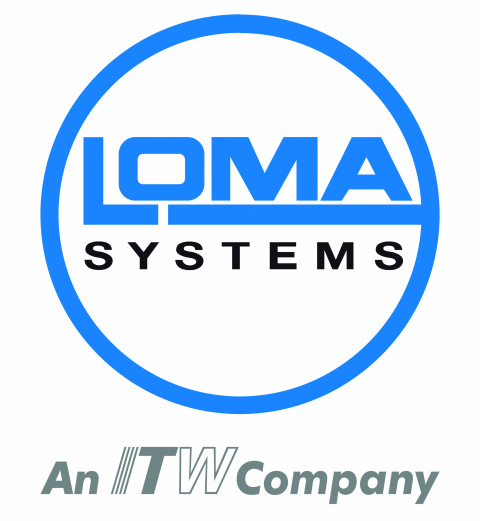
<blockquote class="unquoted"><p>This is the second installment in a new FMI blog series on changes in taxes impacting the food industry. This series will take deeper dive on individual tax provisions and what they mean for food companies.</p></blockquote><p style="text-align:center;"><em>The permanent estate tax exemption of $15 million ($30 million per couple) is a positive step towards protecting vital family-owned businesses in the food industry from the burdens of the "death tax".</em></p><p>By: Andy Harig, Vice President, Tax, Trade, Sustainability and Policy Development </p><img src="https://www.fmi.org/images/default-source/blog-images/family-business.tmb-large-350-.jpeg?Culture=en&sfvrsn=c3bf76b8_2" style="float:right;margin:10px;" class="-align-right" alt="family business" sf-size="100" /><p data-olk-copy-source="MessageBody">I love our industry’s mission – feeding people. The thousands of things that go right – and the thousands of things that can go wrong – for food to make it to the shelves never ceases to amaze me. In the midst of the intricacies of supply chains, the art and science of store design, and the challenges of managing the best workforce of any industry in the United States, one aspect of the industry fills me with a special kind of awe – the strength and resilience of our family-owned companies.</p><p>The truth of the matter is the thought of working with my family fills me with a cold dread no horror movie could ever match. Just putting up a Christmas tree can turn into a hyper-competitive design exercise where there are winners and losers, and those deemed the loser are sure to hear about it for weeks. So, I cannot imagine the Darwinian bloodbath my family running a business together would turn out to be. Tears would be shed daily, most likely by me.</p><p>But thousands of FMI’s members are family-owned businesses and not only make it work, they thrive and use those family bonds as a source of strength.</p><p>Unfortunately, the government has made the ability to pass along that success to future generations harder than it should be through the imposition of the estate tax. Almost universally referred to as “the death tax,” the estate tax is one of the cruelest levies in the Internal Revenue Code. It hits families at their weakest moment – when they are struggling with loss – and can knock the knees out from even the strongest business.</p><p>Congress has made efforts for decades to reform and even eliminate the death tax, but they have always come up short.</p><p>Supporters of the estate tax will tell you it is necessary to prevent the rise of an American aristocracy fueled by generational wealth. Whether you agree with that or not, it isn’t what is happening in our industry. What I see is hardworking families who have labored to build a successful business and want nothing more than to pass it along to the next generation so they can continue to operate in their communities and build a legacy of service.</p><p>These same supporters will tell you that less than one-half of one percent of estates end up paying any kind of tax. But that statistic ignores the countless hours and thousands of dollars (sometimes millions) that go into estate planning just so people can keep the businesses they built in their family. It is important to point out that time and money would be better spent growing the business and creating jobs.</p><p>Persistence bears fruit, as the saying goes; and we’ve finally made progress and won a victory for our industry and family-owned businesses.</p><p>The <em>One Big Beautiful Bill</em> that passed Congress and was signed by President Trump on July 4<sup>th</sup> included a number of provisions to help family-owned businesses. None may be bigger than creating a <em><span style="text-decoration:underline;">permanent</span></em> estate tax exemption of $15 million ($30 million per couple), indexed for inflation. Unfortunately, the rate of the tax remains at a crushing 40% but the higher exemption – and the fact it is permanent, not temporary – should help with planning and protect many estates in our industry.</p><p>FMI will continue to work to eliminate the death tax. Death should not be a taxable event. We’ve seen glimmers of hope that Congress is beginning to recognize the negative impact of the tax on family businesses, farms, and ranches – including grocery stores and food manufacturers. For now, we should all take a moment to appreciate the progress made through your hard work and the crucial step towards making the death tax a thing of the past.</p>Read More
















